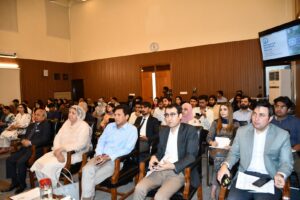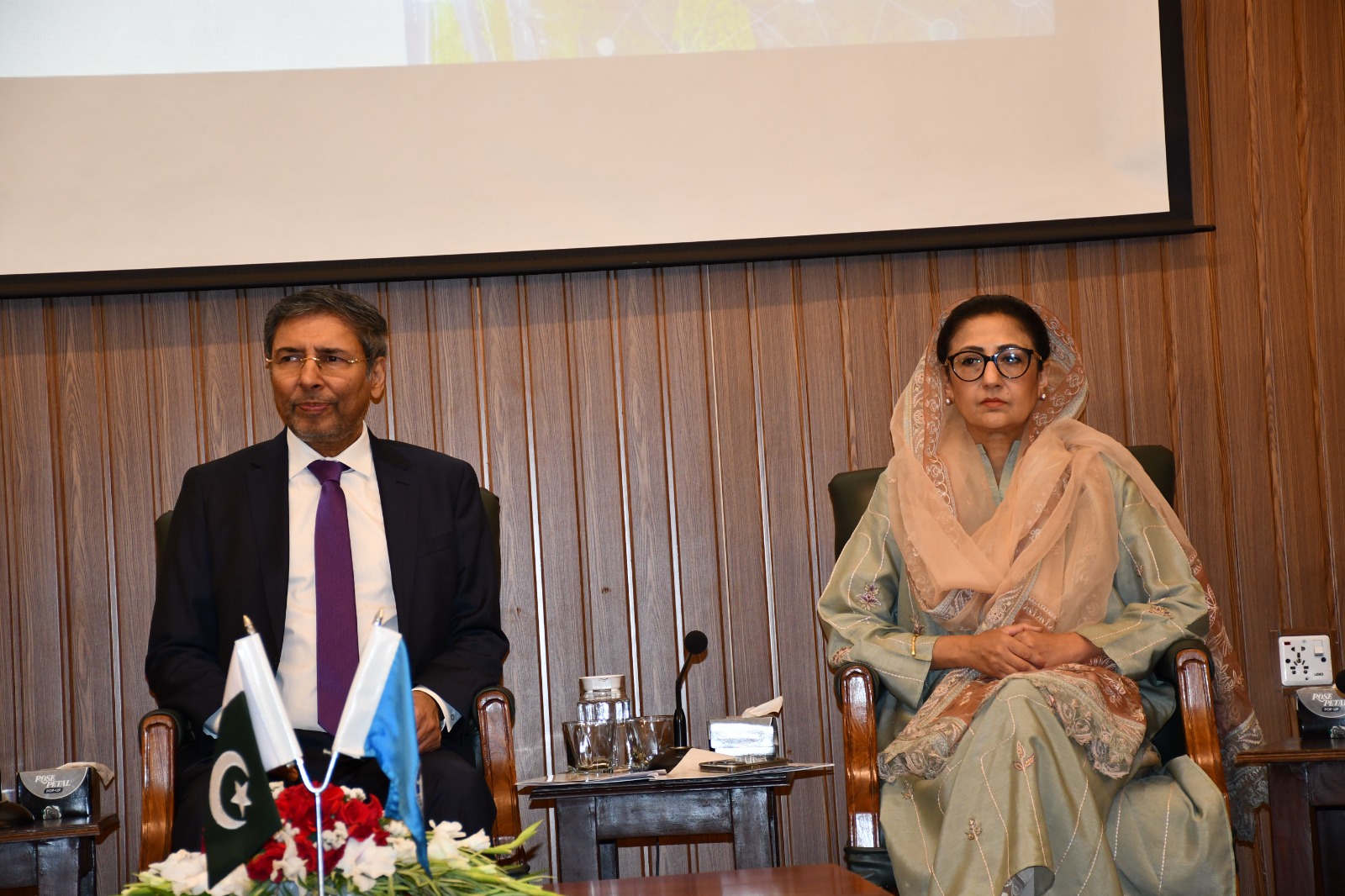WNAM REPORT: The Institute of Regional Studies, Islamabad (IRS) convened a high-level Pre-COP seminar today under its “Strengthening Regional Climate Resilience” program on the theme “Resource-Conflict Nexus”, as part of a strategic lead-up to COP30 in Brazil.
Dr. Shezra Mansab Ali Khan Kharal, Minister of State for Climate Change, spoke of Pakistan’s climate diplomacy priorities, calling attention to the global financing gap: “The injustice of climate change cannot be overstated.” She opined that the countries who have emitted the most must step up.
She highlighted new national policies including the Carbon Market Policy 2024, National Adaptation Plan 2025, Green Taxonomy 2025, and blended finance models, that the Ministry of Climate Change and Environmental Coordination is actively working towards implementing. She gave an overview of Pakistan’s upcoming COP30 focus on finance, just transition, and agency for the Global South. Dr. Kharal also proposed the formation of regional task forces led by think tanks such as IRS.

Senator Sitara Ayaz, Secretary-General of the International Parliamentarians Congress (IPC), chaired the session, urging regional cooperation on shared environmental risks like glacier melt, smog, and heatwaves, stating, “the climate has no borders.” She stressed the need to sensitize parliamentarians and build governance frameworks that reflect the realities of a warming, fragmented world.
Ambassador Jauhar Saleem, President of IRS, reiterated the critical role of institutional dialogue. Reflecting on recent extreme weather in Islamabad, he warned that finite resources and escalating conflict are converging dangerously, stating that “we must understand not only what resources we have, but how they are to be distributed, governed, and contested.”
The expert panel featured diverse perspectives. Dr. Khalid Mehmood Shafi, Director Environmental Security, ISSRA-NDU, described climate change as a security threat, emphasizing the role of militaries in adaptation and the urgency of including military emissions in global datasets.
Mr. Abdulhadi Achakzai, Founder/CEO, EPTDO, Afghanistan, highlighted Afghanistan’s rising climate vulnerability, from droughts to flash floods and widespread water scarcity.
Mr. Manoj Kumar Jain, Renewable Energy and Development Specialist, India, discussed how basic resources such as land, air, and water, are becoming flashpoints, and advocated for energy transition and effective resource governance to prevent green conflict.
Mr. Faheem Sardar, Economic Security Advisor, analyzed the geopolitical dimensions of climate finance, emphasizing Pakistan’s need for strategic clarity and practical, smart negotiations given its wealth of mineral resources.
Ms. Nadira Panjwani, Philanthropist and Development Advocate, traced the long arc of resource conflicts from ancient rivalries to contemporary disputes over the Indus waters.
“IRS is committed to hosting further Pre-COP sessions to deepen regional dialogue and build momentum ahead of COP30,” said Talha Tufail Bhatti, Environmental Scholar for the “Strengthening Regional Climate Resilience” at IRS.


